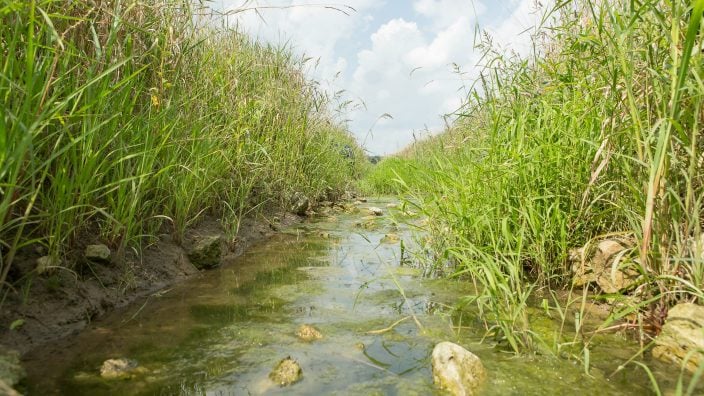Legal with Leah: The Benefits of Ag Districts
Current Agricultural Use Value is often discussed as a farmland preservation tool, but there are some other tools in the law that landowners can consider.
Read MoreA second U.S. District Court ruled to halt the 2023 Waters of the United States rule. This ruling stops implementation of the rule in 24 states, including Ohio.
A second U.S. District Court ruled to halt the 2023 Waters of the United States (WOTUS) rule. This ruling stops implementation of the rule in 24 states, including Ohio. For this Legal with Leah, Ty Higgins visits with Ohio Farm Bureau Policy Counsel Leah Curtis about what this means for the rule moving forward.
Listen to Legal with Leah, a podcast featuring Ohio Farm Bureau’s Policy Counsel Leah Curtis discussing topics impacting farmers and landowners.
Ty Higgins [00:00:00] A second U.S. District Court ruled to halt the 2023 Waters of the U.S. or WOTUS rule earlier this week. And this ruling stops implementation of the rule in 24 states, including right here in Ohio. Been a lot going on with WOTUS over the last three or four administrations, and so we have a lot to talk through with Leah Curtis for this Legal with Leah.
Ty Higgins [00:00:21] There’s a lot to unpack here. So let’s take a step back and review the evolution of the Waters of the U.S. rule for everyone.
Leah Curtis [00:00:29] A lot of you will remember that back in 2015, we had a WOTUS rule that was proposed by EPA. That rule was held up by the courts. There was kind of a very protracted court battle there, eventually ruled to be unlawful, in particular because it didn’t fully comply with the Clean Water Act, which is the overriding statute that this rule has to comply with. And so then in 2018, the EPA under the Trump administration repealed that old rule. They issued their own rule. That one also was held up in the courts, had some issues, in part because of some procedural concerns. And then that brings us to now where EPA, again, has proposed a WOTUS rule in 2023. And here we are in the courts again, trying to figure out whether it’s lawful or not.
Ty Higgins [00:01:16] It does bring up quite a bit of concerns from a Farm Bureau perspective, but also just from an overall farmer perspective.
Leah Curtis [00:01:24] So this rule is trying to define what does it mean when we say Waters of the United States, because that is what the Clean Water Act can regulate. And this rule is largely being based on what’s called the significant nexus test. That’s basically if there’s a wetland or a water, or a stream or something that has a significant nexus to a navigable water, then it falls under the Clean Water Act. But as you can tell, what is a significant nexus to Leah Curtis is probably different to Ty Higgins and to somebody else. And so it’s very subjective. It’s difficult to determine, and particularly for a landowner, a regular homeowner or farm owner, figuring out whether there is a significant nexus at some point somewhere down the line to some navigable water somewhere is going to be very difficult. So that means paying for consultants and analysts and possibly permits to be able to do work that really may be unnecessary at the end of the day for some far flung wetland or from some swale that really doesn’t even hold water 90% of the year.
Ty Higgins [00:02:25] So now the 2023 WOTUS rule, as I mentioned, ending up in the courts. Where are we now with this?
Leah Curtis [00:02:30] So the rule went into effect in mid-March; a number of lawsuits were filed prior to that date in regards to the rule and asking the courts to put them on hold. So in Texas, a Texas federal court had previously put the rule on hold in both Texas and Idaho in a case that was filed by the American Farm Bureau Federation and a number of other trade organizations, as well as those two states, Texas and Idaho. Now, more importantly, as you mentioned, just this week, a federal court in North Dakota ruled in a case that involved 24 states, including Ohio, that they would also put the rule on hold for those 24 states. American Farm Bureau has also joined that case as well, as an intervener at this point. And so that judge has put the rule on hold in those states, bringing us to a total of 26 states where the rule is now not enforceable at this time.
Ty Higgins [00:03:20] What does that mean: on hold? Describe what that legally means in this case.
Leah Curtis [00:03:24] So from a legal standpoint, you’ll hear it referred to as an injunction or that the law is enjoined. And basically it means that EPA and the Army Corps of Engineers, those main agencies that enforce the Clean Water Act, they can’t undertake any enforcement or any advice or guidance that’s under this rule. They have to kind of go back and act as if this rule did not happen and work under the same guidance that they’ve been working under kind of throughout this whole process since pre-2015.
Ty Higgins [00:03:52] The court doesn’t just do this kind of thing on a whim. They have some type of requirements, right?
Leah Curtis [00:03:56] So I think it’s important to remember this isn’t just ‘the judge doesn’t like it’ and so they get to make that choice. There are legal standards that are in place that the court has to follow and they have to find when they’re going to issue this injunction. And that is mainly four factors: 1) The threat of irreparable harm to the people bringing the lawsuit, 2) the balance of harms. So in this context, that would be how does the harm of the rule weigh against the harm of not allowing the rule to go in place? 3) The likelihood that the parties (in this case the states) would succeed in the case on the merits of their arguments, and then 4) what’s in the public interest? But that likelihood of success factor is generally thought to be the most significant of the four. It’s kind of the one the court always looks at first. And so when a court agrees to issue one of these injunctions, they are essentially saying that looking at the evidence that’s before me at this time, it appears that these states are likely to succeed on their arguments that this rule is unlawful in various ways.
Ty Higgins [00:04:54] So what happens now?
Leah Curtis [00:04:56] Certainly the court process is going to keep going. We’re going to see this play out both the North Dakota case and the Texas case. There will most likely be appeals. I can’t say for sure, but this might end up at the U.S. Supreme Court. Currently, there is a U.S. Supreme Court over really the exact same question here. It’s not the rule specifically, but the significant nexus test and how we determine when wetlands and other things are covered by the Clean Water Act. So we would expect a decision in that case sometime by the end of the Supreme Court’s term, which is June 30. And that’s really going to inform all these other WOTUS cases as well, and how they move forward through the court system.
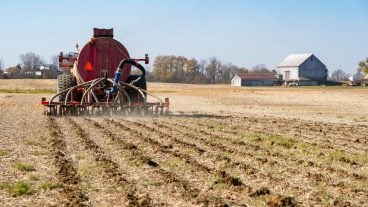
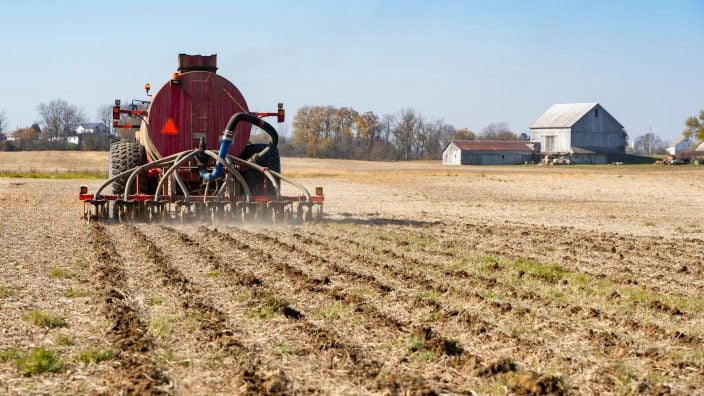
Current Agricultural Use Value is often discussed as a farmland preservation tool, but there are some other tools in the law that landowners can consider.
Read More

Update: As of Feb. 27, 2025, the Financial Crimes Enforcement Network announced no fines, penalties or enforcement action will be taken against companies based on failure to file or update BOI by March 21.
Read More

Update: As of Feb. 27, 2025, the Financial Crimes Enforcement Network announced they would not issue any fines or penalties or take enforcement action against companies based on failure to file or update beneficial ownership information reports by the March 21, 2025, deadline.
Read More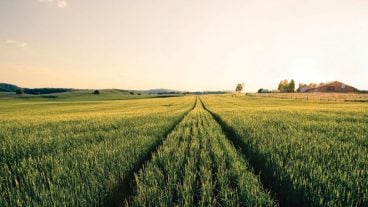

Update: As of Feb. 27, 2025, the Financial Crimes Enforcement Network announced they would not issue any fines or penalties or take enforcement action against companies based on failure to file or update beneficial ownership information reports by the March 21, 2025, deadline.
Read More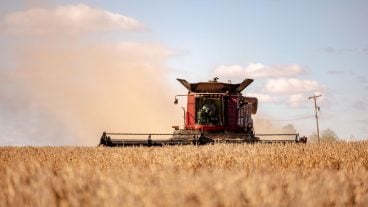
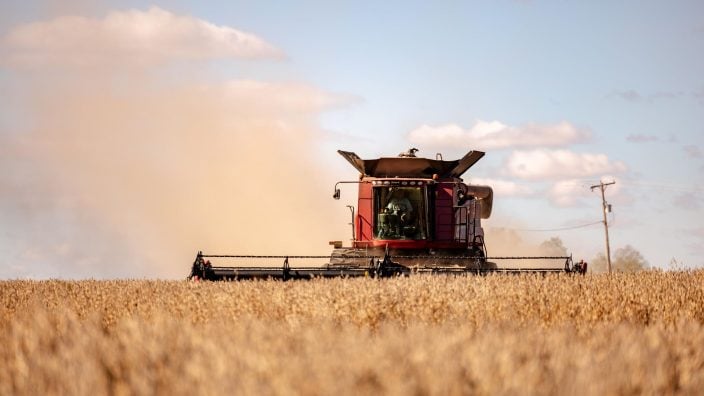
Update: As of Feb. 27, 2025, the Financial Crimes Enforcement Network announced they would not issue any fines or penalties or take enforcement action against companies based on failure to file or update beneficial ownership information reports by the March 21, 2025, deadline.
Read More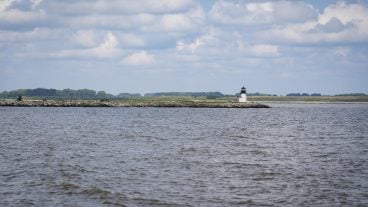
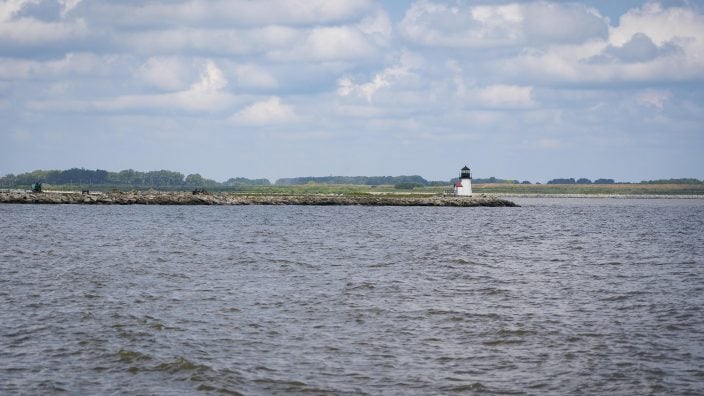
A group of 11 ag coalition partners, including Ohio Farm Bureau, has its own counsel and will be advocating, accurately representing agriculture and what is actually happening in Ohio in terms of water quality.
Read More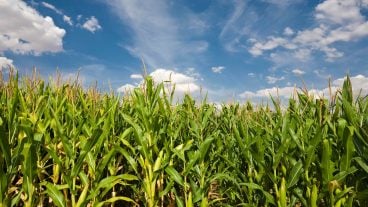
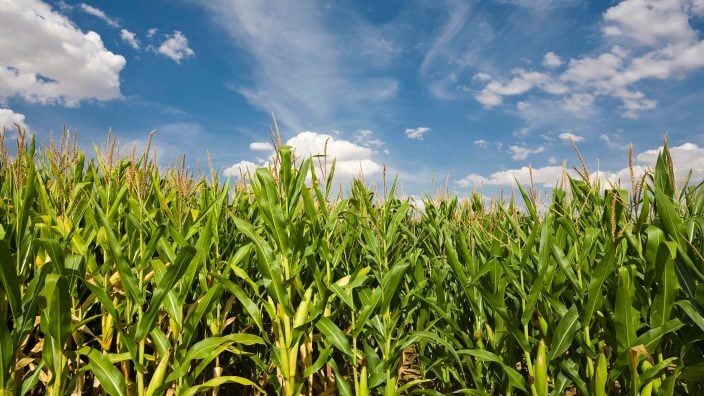
An upward trend in CAUV values and significant increases in soil values for 2024 apply only to counties that are being reappraised or updated in 2024.
Read More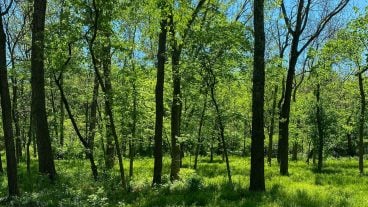
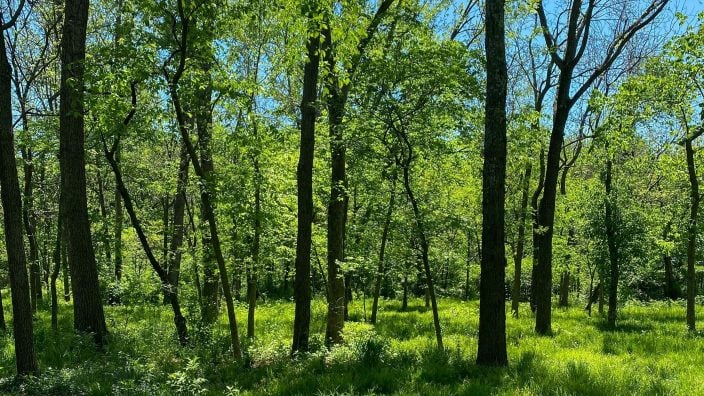
As Ohio Farm Bureau Policy Counsel Leah Curtis notes in this Legal with Leah, these changes should result in significant tax savings for many Ohio woodland owners.
Read More

In the case O’Connor v. Eubanks, the question is, can a state be sued in federal court when it takes a property?
Read More
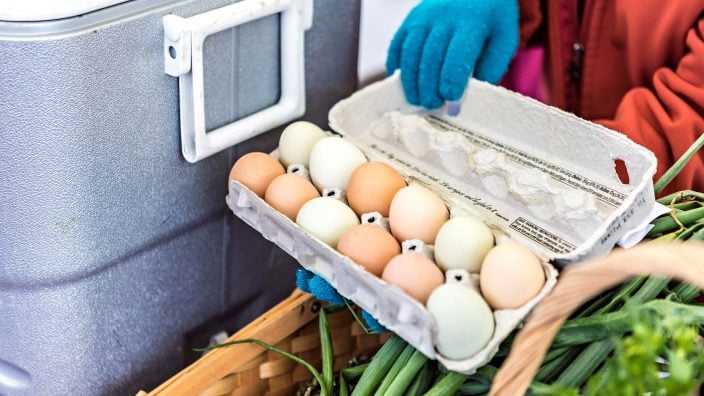
A new low risk license should bring consistency across Ohio in regard to nonmechanical refrigeration.
Read More